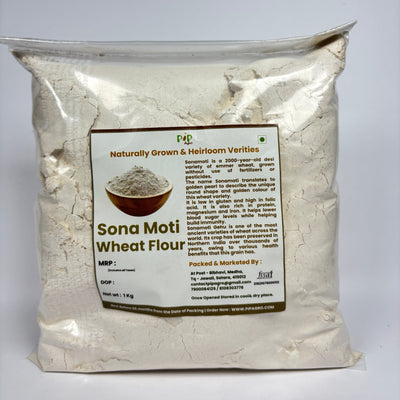
Forest Honey | Multifloral | मध
Forest Origin | Tribal Harvest | Pure & Authentic
MRP (Incl. of all taxes)




Development by DDSHOPAPPS
Description
PIP AGRO Forest Honey is a pure, multifloral wild honey crafted by the native Indian bee species, Apis Cerana Indica. Sourced from the deep regions of the Radhanagri forest in Chandgad, Maharashtra, this honey offers a unique taste and texture with every batch due to its multifloral origins. It is unfiltered and minimally processed to retain maximum pollen, beeswax, and medicinal properties like propolis. With no artificial flavors or infusions, it represents the untouched richness of nature. Beekeeping is managed by Arun Maglekar, a farmer dedicated to conserving native bees and sustainable practices.
Ingredients
- 100% Wild Multifloral Honey from Apis Cerana Indica bees.
Benefits
- Rich in Antioxidants: Helps fight free radicals and supports overall health.
- Immune Booster: Retains medicinal elements like propolis, boosting immunity.
- Natural Energy Source: Provides sustained energy through natural sugars.
- Promotes Digestive Health: Known for soothing digestive issues and aiding metabolism.
- Supports Local Biodiversity: Harvested using sustainable practices that promote ecological balance.
- Anti-bacterial Properties: Acts as a natural remedy for wounds and infections.
Usage Info
- Stir well before use.
- Crystallization is a natural process and does not affect the quality.
- Can be used as a natural sweetener in tea, desserts, or as a spread.
Storage Info
- Store in a cool, dry place away from direct sunlight.
- Do not refrigerate as it may accelerate crystallization.
Product Related Video
FAQ
Q1: What makes Forest Honey unique?
A: Forest Honey is made from the nectar of various flowers, giving it a unique taste, texture, and high medicinal value.
Q2: Why is crystallization natural in honey?
A: Crystallization occurs due to natural sugars in honey. It does not affect the quality and can be resolved by placing the jar in warm water.
Q3: Why choose honey from Apis Cerana Indica bees?
A: Native bees like Apis Cerana Indica are better adapted to the local environment, promote biodiversity, and produce more nutrient-rich honey.
Q4: Can I use this honey for medicinal purposes?
A: Yes, this honey retains natural medicinal properties and can be used for immunity, digestion, and as a natural remedy.
Q5: What is the shelf life of Forest Honey?
A: Forest Honey has an extended shelf life due to its natural composition, but it’s best consumed within 12 months for maximum flavor and nutrients.
Q6: How does this honey support sustainability?
A: By using native bee species and ethical beekeeping practices, this honey supports biodiversity and reduces environmental impact.
Q7: Can children consume this honey?
A: Yes, but not recommended for children under 1 year of age, as with all types of honey.
Q8: Is this honey free of additives?
A: Absolutely. It is free from any artificial flavors, preservatives, or infusions.
Q9: How much honey can I consume daily?
A: 1–2 teaspoons per day are sufficient as part of a balanced diet.
Q10: Does the honey contain pollen and propolis?
A: Yes, it is single-strained to retain maximum pollen and medicinal elements like propolis.
All products are good. Wheat flour is excellent. Thanks for your efforts for keeping alive our tradition. May you be successful in this venture
Very good. Natural products.
Very good product
Natural Test, No Preservatives
Good
















